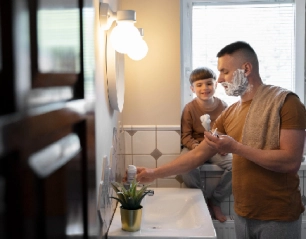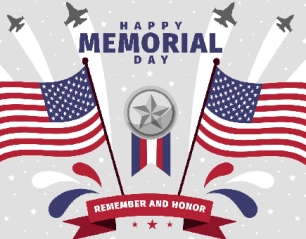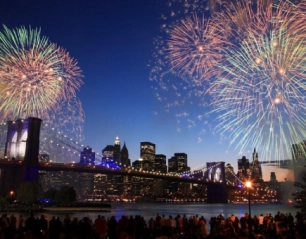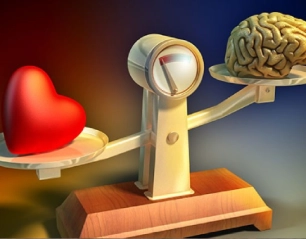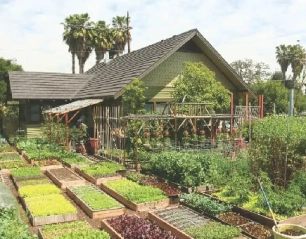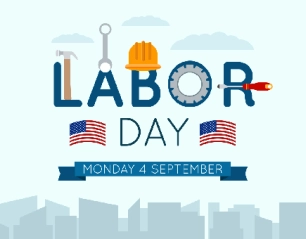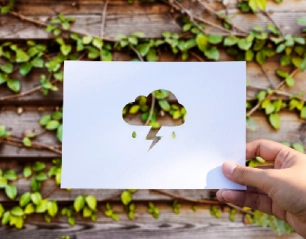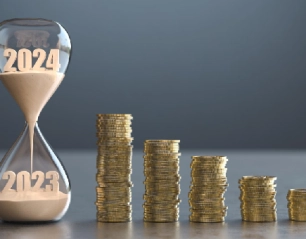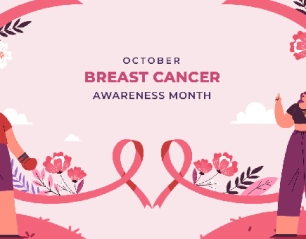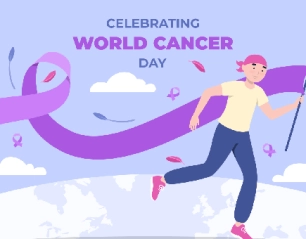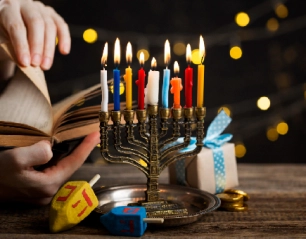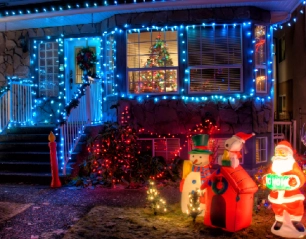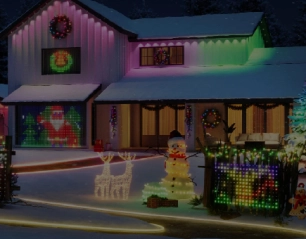On Father's Day, fathers who have accepted the responsibility of fatherhood are honoured. As we celebrate Father's Day, let us not forget to express our gratitude to the dads and male role models in our lives (uncles, grandfathers, etc.) for everything they do to support and nurture our future generations.
In the United States, the Great Britain and a variety of other nations, Father's Day is observed on the third Sunday in June. Other periods of the year are used by many countries to observe this holiday. When it comes to Father's Day, some countries celebrate this on the first Sundays of September, some on the second Sunday of November, and yet others on the 19th of March (St. Joseph's Day).

The modern American version of Father's Day, like Mother's Day, has a rich history that extends far beyond greeting cards and candy-filled boxes. After the biggest mining disaster in American history claimed the lives of hundreds of miners, a memorial ceremony for fathers was held in Fairmont, on July 5, 1908. Grace Golden Clayton, the child of a devout minister, worked tirelessly to make sure the Sunday service took place.
The mining disaster in 1896 massacred more than 360 men and boys and left approximately 1,000 children without dads. Although Mrs. Clayton missed her own father, who had died in 1896, she wanted to remember many more dads who had died in the catastrophe. Even though the Fairmont service was the first known to commemorate dads, it did not become an annual event, nor was the notion pushed to the forefront .
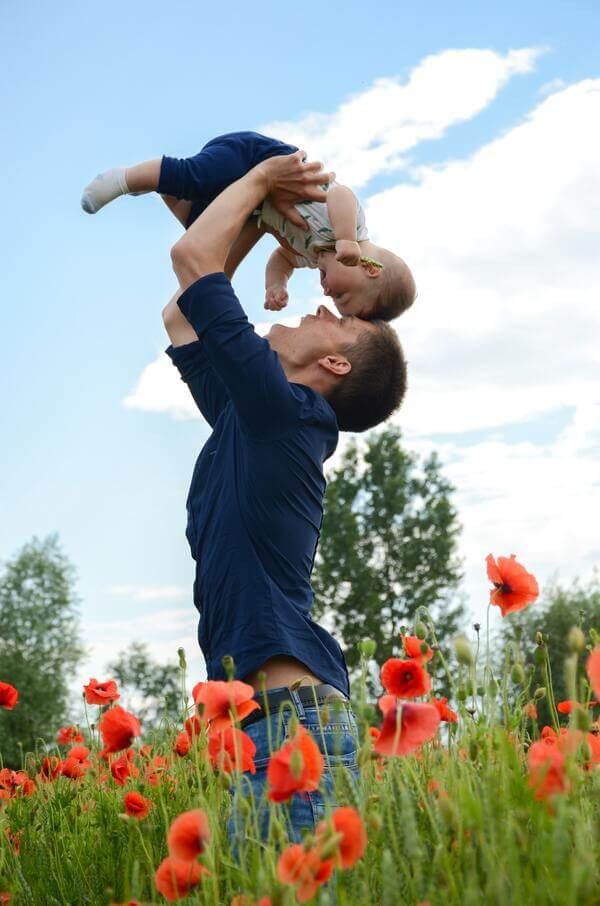
Father's Day became a national holiday after Mrs. Sonora Smart Dodd popularised it, launching a series of events that led to it becoming a national holiday in the United States. In 1909, as she listened to a Mother's Day sermon, her narrative began. Mrs. Dodd pondered the idea of honouring fathers as well. As a result of his wife's demise while pregnant, William Smart was forced to raise six kids alone on the family farm in Washington state.
There should be a "father's day" to honour the fathers in Spokane, according to Mrs. Dodd. Her father's birthday was on the 5th of June, therefore she decided to hold the event on that day. However, the fine pastors of Spokane requested that the day be altered to give them more time for sermon preparation on the uncharted subject of fathers. The plan gained considerable support. A tradition was born in Spokane, Washington, where Father's Day was first celebrated on June 19, 1910 (the third Sunday in June). Eventually, celebrations were held in other communities as well.
Despite overwhelming support, it took a long time for Father's Day to become an official federal holiday. However, despite President Woodrow Wilson's urging, the initial bill was never passed by Congress. President Lyndon Johnson proclaimed June 3rd to be "Father's Day" in 1966. When President Nixon signed the Father's Day bill in 1972, the third Sunday in June became Father's Day. Ever since, it has now become a state holiday.
Was this helpful?
















































